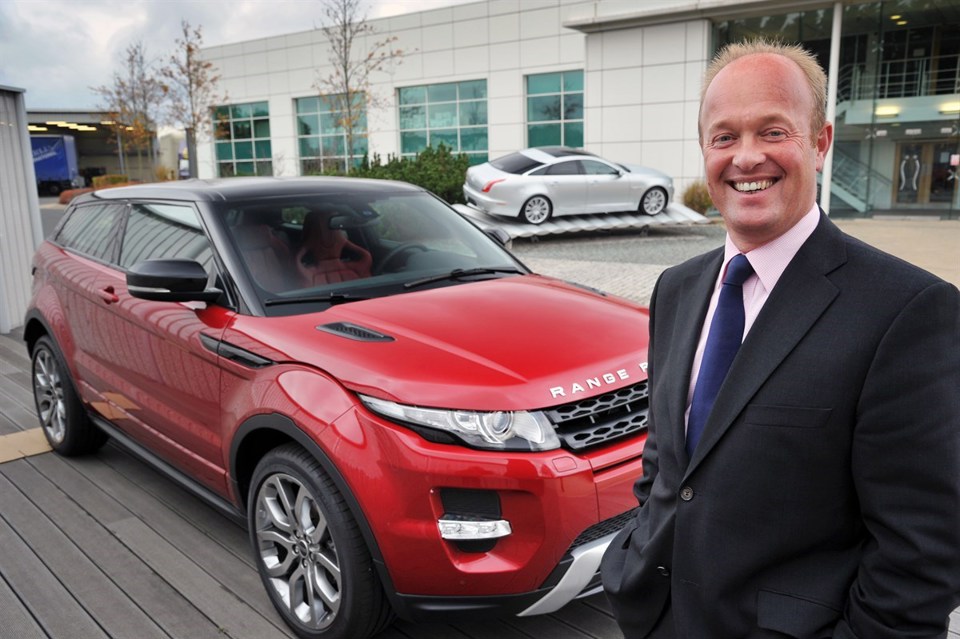The UK boss of Jaguar Land Rover (JLR) is warning improvements in air quality could be delayed if the diesel debate continues to be dominated by misinformation.
Speaking at the International Automotive Summit organised by the Society of Motor Manufacturers and Traders (SMMT), Jeremy Hicks (pictured) argued that diesel cars are being unfairly targeted.
Calling the current debate a “misnomer”, JLR’s managing director said: “What we’ve had so far hasn’t been so much of a debate, as a diatribe or at best a monologue.”
In fact, campaign body FairFuel UK accused “environmentalists and opportunist politicians” of manipulating the argument, damaging residual values, while ignoring significant other sources of NOx and particulate pollution.
Howard Cox, the founder of FairFuel UK, said: “Drivers want solutions to lowering emissions that don’t involve ineffectual and malevolent knee-jerk tax hikes.”
His comments came as Westminster City Council launched a new £2.45 parking surcharge for pre-2015 diesel cars in central London. Dubbed the ‘D-Charge’, it is being trialled in Hyde Park, Marylebone and parts of Fitzrovia (area around the BT Tower), with diesel drivers now having to pay 50% more to park. It costs £4.90 an hour to park in Westminster, but pre-2015 diesel cars will now be charged £7.35.
Mayor of London Sadiq Khan also revealed plans to introduce a zero emission zone in central London from 2025.
Hicks said: “The impression being given is the way to improve air quality in our cities is simply to ban diesel cars, but it’s not quite that simple.”
A recent report from the London Assembly’s environment committee highlighted how diesel cars were responsible for 11% of NOx in London, compared to gas central heating (16%) and diesel plant and machinery (14%). Hicks said: “There has been a seismic shift in diesel technology almost eliminating NOx.”
Since 2000, NOx emissions from cars have fallen by 62.8% and harmful particulates by 52.7%, according to the SMMT. Under the latest Euro 6 standards, the NOx emissions of petrol and diesel are approaching parity – 60mg/km for petrol and 80mg/km for diesel (limits for previous Euro 5 diesel were 180mg/km), although real-world testing by Emissions Analytics shows wide variances with the official figures.
Hicks said: “If air quality is going to improve, our vision has to be broader than the private motorist.” Otherwise, he warned, a dip in diesel sales could starve the industry of funds to plough back into developing new powertrains.
He concluded: “It would be tragic for our environment and our mobility if these developments were delayed because of the negative impact of a mishandled and misinformed diesel debate.”














Login to comment
Comments
No comments have been made yet.